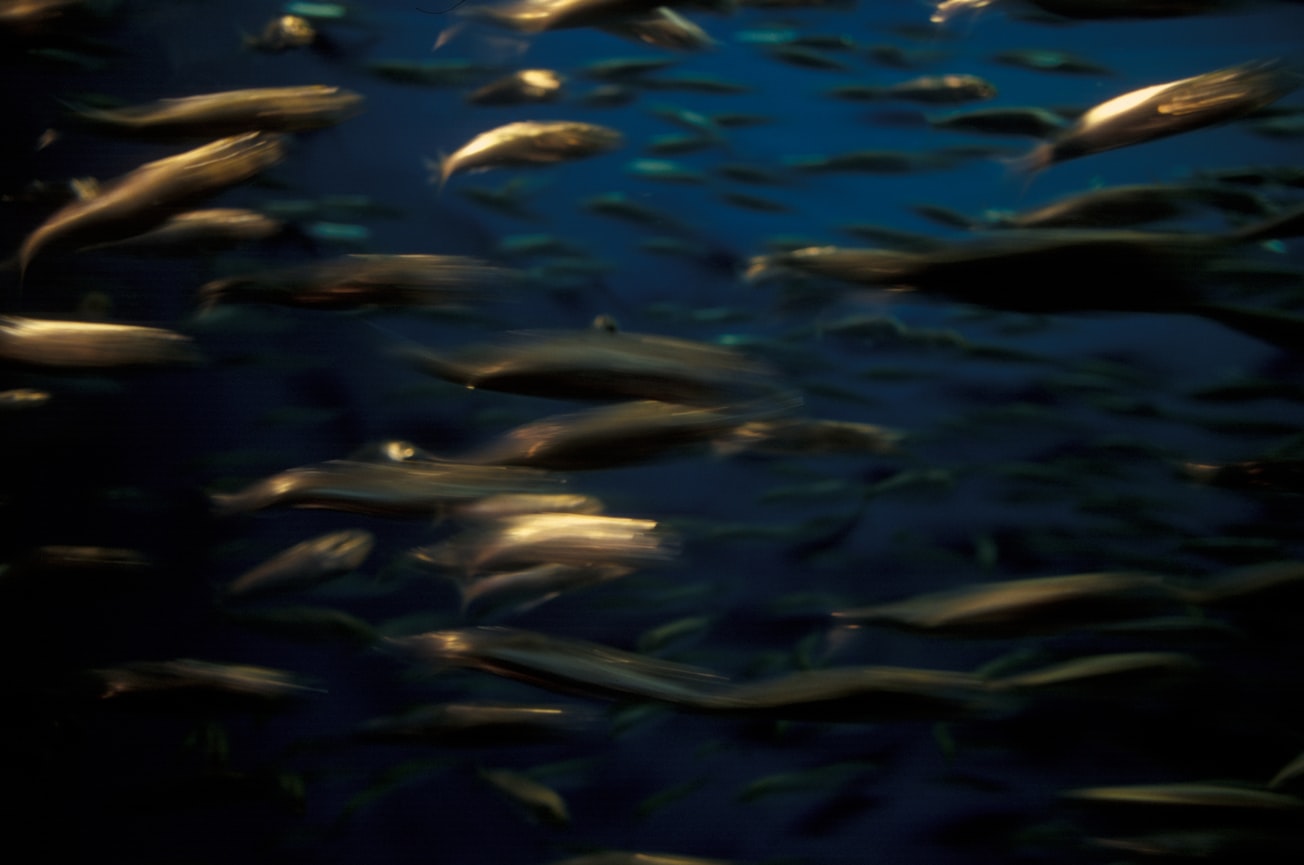What is it about?
Individual differences in fish are important for fish farming and for selection of desired characteristics. This study reviews the meaning of coping styles for fish-farmed species: (i) the main behavioural, neuroendocrine, cognitive and emotional differences between reactive and proactive coping styles in farmed fish; (ii) the methodological approaches used to identify coping styles in farmed fish, including individual (group) mass screening tests; and (iii) how knowledge on coping styles may contribute to improved sustainability of the aquaculture industry, including welfare and performance of farmed fish. Moreover, we suggest areas for future research, where genetic basis (heritability/epigenetic) of coping styles, and the neuroendocrine mechanisms behind consistent and flexible behavioural patterns are pinpointed as central themes. In addition, the ontogeny of coping styles and the influence of age, social context and environmental change in coping styles are also discussed.
Featured Image

Photo by NOAA on Unsplash
Why is it important?
The screening for Coping styles or personalities in farmed fish can be a powerful tool for selection and improve sustainability on the aquaculture industry as well as for the welfare of the farmed species.
Read the Original
This page is a summary of: Coping styles in farmed fish: consequences for aquaculture, Reviews in Aquaculture, May 2015, Wiley,
DOI: 10.1111/raq.12100.
You can read the full text:
Resources
Contributors
The following have contributed to this page







